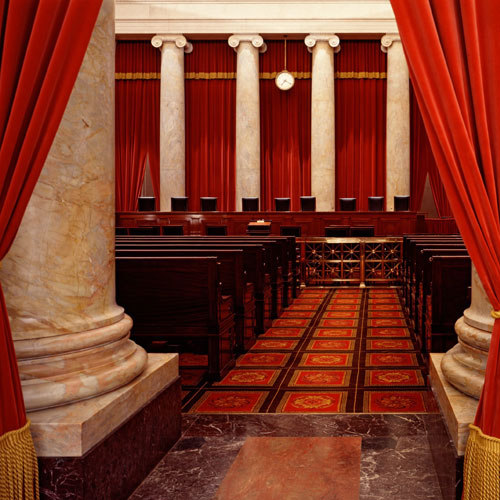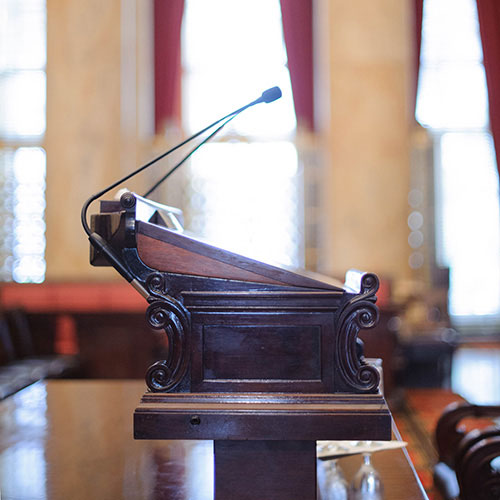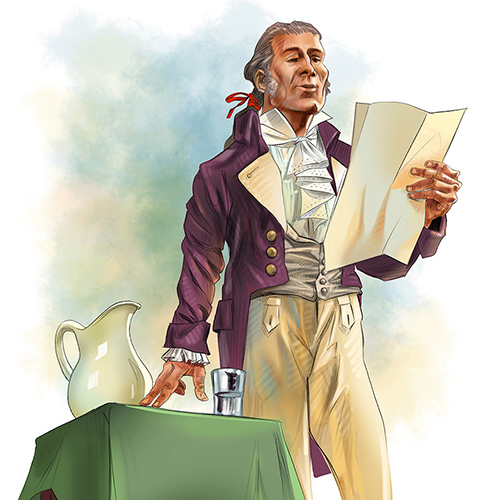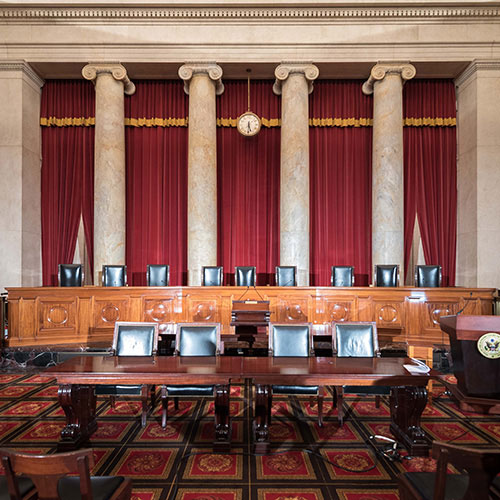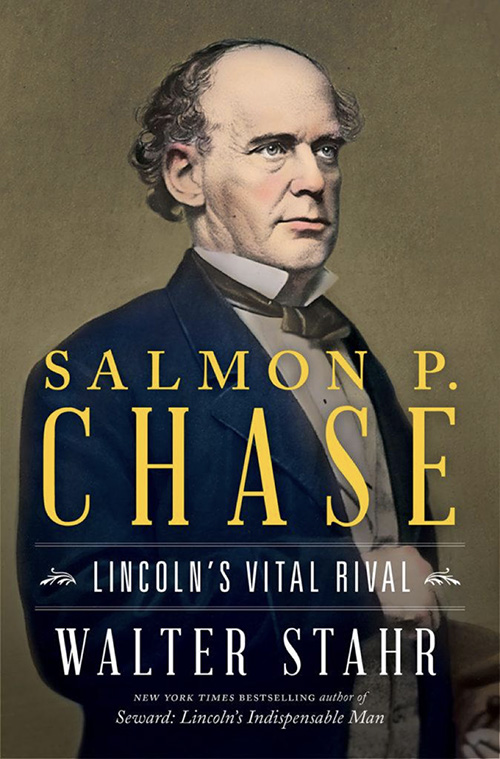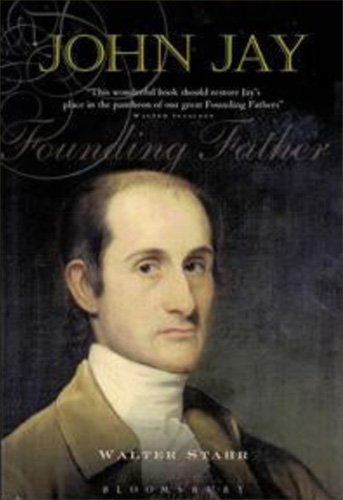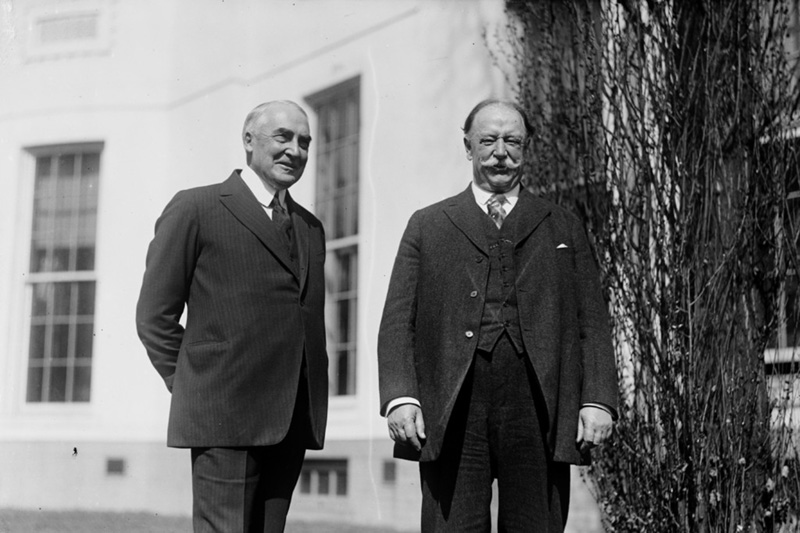
When Warren Harding was elected president, in November 1920, he wanted to see and talk with former President William Howard Taft. Harding’s post-election vacation, however, and Taft’s busy speaking schedule, meant that they did not meet until December 25, 1920, at Harding’s home in Marion, Ohio. After an hour’s conversation about Harding’s Cabinet choices, Harding asked Taft whether he would like a seat on the Supreme Court. Taft was not ready for the question, and stumbled through his answer, so much so that he decided to write a follow-up letter, explaining himself more fully. Taft’s letter to Harding is not in the Taft collection at the Library of Congress, but there is a copy among the Harding papers at the Ohio History Center. As best I can tell I am the first Taft scholar to find this letter. Here is the critical paragraph:
“I was so much startled by the personal question you asked me that I am afraid that my answer was confused and seemed presumptuous and unappreciative. Ever since I came to the Bar, I have aspired to the Supreme Court as my life’s goal. Twice I was obliged to decline the opportunity for reasons I explained. Then I was young and would have been glad to take an associate justiceship and work up from the junior membership toward the head and perhaps to the chief justiceship if fortune favored. But now I am sixty-three and could not expect to serve more than ten years. I have been President. I signed the commissions of six members of the Court, and three are still on the Court. I joined four presidents of the American Bar Association in petitioning the Senate to reject the nomination of Brandeis as not a fit one to be made and have not changed my mind, and I would feel ill at ease to come into the Court after having been President as the junior of my own appointees and of the man I tried to defeat. Were I Chief Justice I would hope, by reason of having been President, to have some little more influence in securing a greater solidarity of opinion among the judges so necessary to maintain the Court’s influence with the public. It was for this reason that I ventured to say that I could only accept the Chief Justice’s position. The present Chief Justice when I have seen him in the years past has said to me that he was holding on for me and to return the place to a Republican administration. I can’t say that he still feels this way though I know he greatly rejoiced at your election. Even if you conclude that someone else ought to be Chief Justice as well you may, I hope you will believe me when I say that I am deeply grateful for what you said to me yesterday, and that it was one of the great honors of my life and makes this Christmas for me the brightest and happiest of my life.”
Harding responded a few days later. “That was a very generous letter you wrote me on Christmas morning, and I read with very great interest all you had to say therein. I thank you very much for all the helpful suggestions which you made, and I appreciate fully all you say concerning yourself and your ambitions. I have already told you of my abiding esteem and good will and need not repeat it here. I hope you will feel free to communicate with me whenever you have anything to offer which you think I ought to know.”
When Harding nominated Taft for chief justice, on June 30, 1921, the first thing Taft did was send a telegram to the president, which is also in the Harding papers but not the Taft papers: “Have just heard that you have nominated me to be Chief Justice of the United States. I am deeply grateful for your confidence that I can discharge satisfactorily the duties of that exalted office and hope that it is not misplaced.”
Walter Stahr, author of biographies of John Jay and Salmon Chase, is now working on a biography of William Howard Taft.
Order copies of Walter Stahr’s books on sale in the Society’s Gift Shop:
